
The Olympic Games (Ancient Greek: Ὀλύμπια" were a series of athletic competitions among representatives of city-states and one of the Panhellenic Games of Ancient Greece. 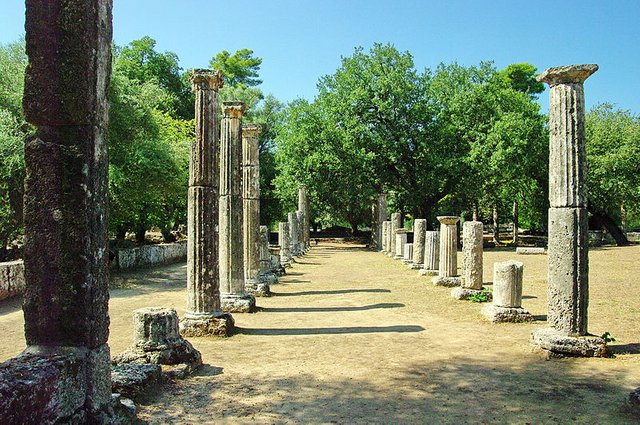
(The palaestra of Olympia, a place devoted to the training of wrestlers and other athletes)
They were held in honor of Zeus, and the Greeks gave them a mythological origin.

(His name is cognate with the first element of his Roman equivalent Jupiter. His mythologies and powers are similar, though not identical, to those of the Indo-European deities such as Indra, Jupiter, Perun, Thor, and Odin)
The first Olympics is traditionally dated to 776 BC. They continued to be celebrated when Greece came under Roman rule, until the emperor Theodosius I suppressed them in 393 AD as part of the campaign to impose Christianity as the State religion of Rome. The games were held every four years, or olympiad, which became a unit of time in historical chronologies.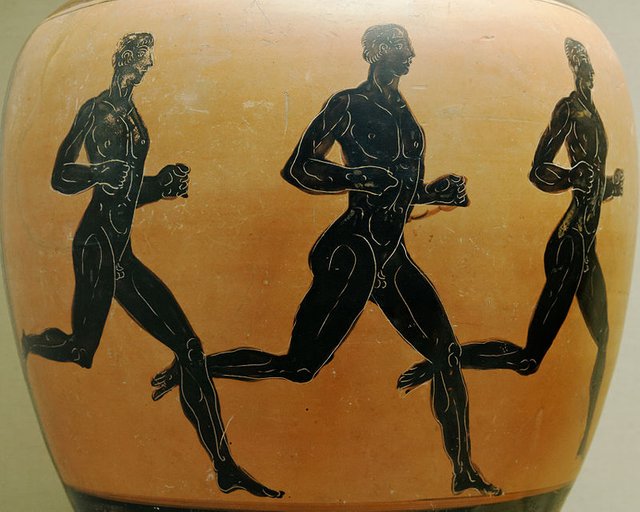
(Three runners featured on an Attic black-figured Panathenaic prize amphora. 332-333 BC, British Museum)
During the celebration of the games, an Olympic Truce was enacted so that athletes could travel from their cities to the games in safety. The prizes for the victors were olive leaf wreaths or crowns. The games became a political tool used by city-states to assert dominance over their rivals. Politicians would announce political alliances at the games, and in times of war, priests would offer sacrifices to the gods for victory. The games were also used to help spread Hellenistic culture throughout the Mediterranean. The Olympics also featured religious celebrations. The statue of Zeus at Olympia was counted as one of the seven wonders of the ancient world. Sculptors and poets would congregate each olympiad to display their works of art to would-bepatrons. 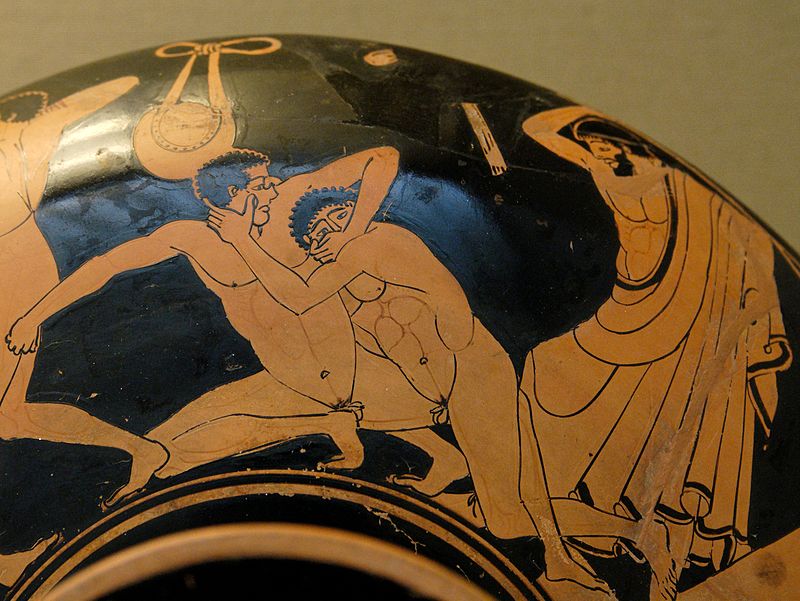
( Pankration scene: the pankriatiast on the right tries to gouge his opponent's eye; the umpire is about to strike him for this foul. Detail from an Attic red-figure kylix c.490-480 BC, British Museum )
The ancient Olympics had fewer events than the modern games, and only freeborn Greek men were allowed to participate,although there were victorious women chariot owners. As long as they met the entrance criteria, athletes from any Greek city-state and kingdom were allowed to participate, although the Hellanodikai, the officials in charge, allowed king Alexander I of Macedon to participate in the games only after he had proven his Greek ancestry. The games were always held at Olympia rather than moving between different locations as is the practice with the modern Olympic Games. Victors at the Olympics were honored, and their feats chronicled for future generations.
( The "Discobolus" is a copy of a Greek statue c. 5th century BC. It represents an ancient Olympic discus thrower )
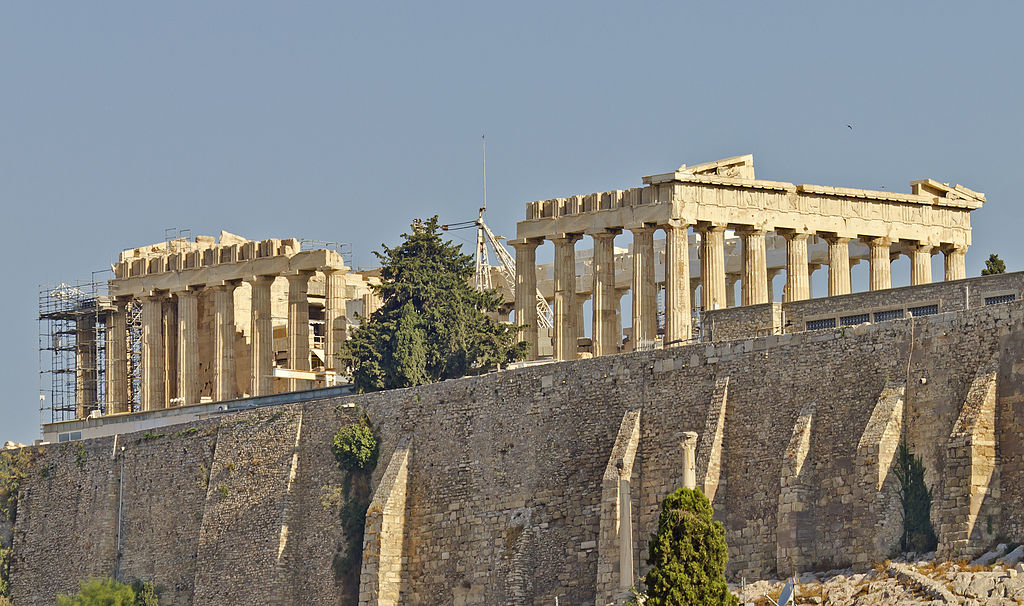
( The Parthenon in Athens, one of the leading city-states of the ancient world )
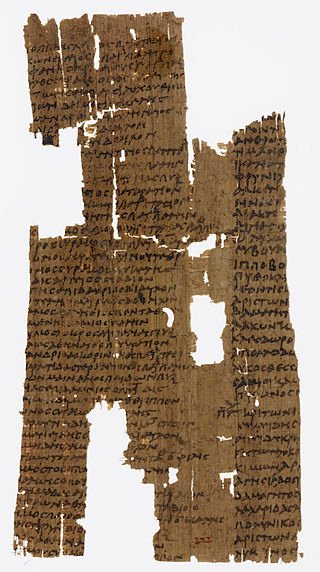
( Ancient list of Olympic victors of the 75th to the 78th, and from the 81st to the 83rd Olympiads (480–468 BC, 456–448 BC).)
)
( "Cave of Zeus", Mount Ida (Crete). )
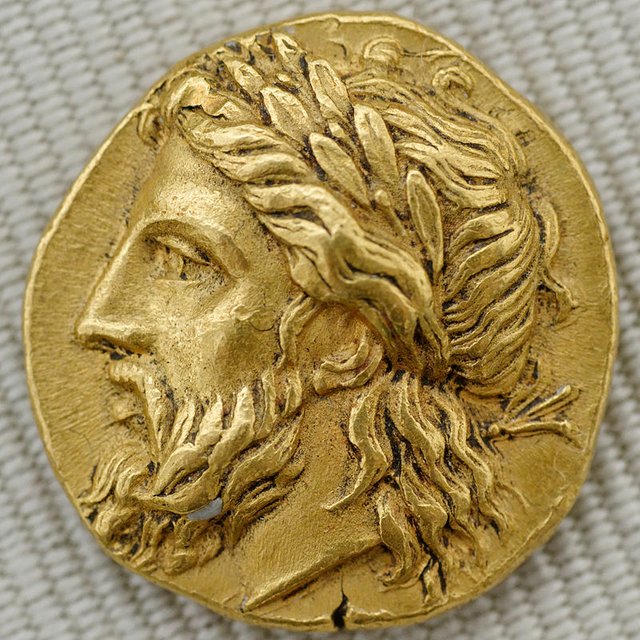
( Laurel-wreathed head of Zeus on a gold stater, Lampsacus, c 360–340 BC (Cabinet des Médailles). )
( Roman cast terracotta of ram-horned Jupiter Ammon, 1st century AD (Museo Barracco, Rome).)

( Roman cast terracotta of ram-horned Jupiter Ammon, 1st century AD (Museo Barracco, Rome).)
(Zeus as Vajrapāni, the protector of the Buddha. 2nd century, Greco-Buddhist art. )